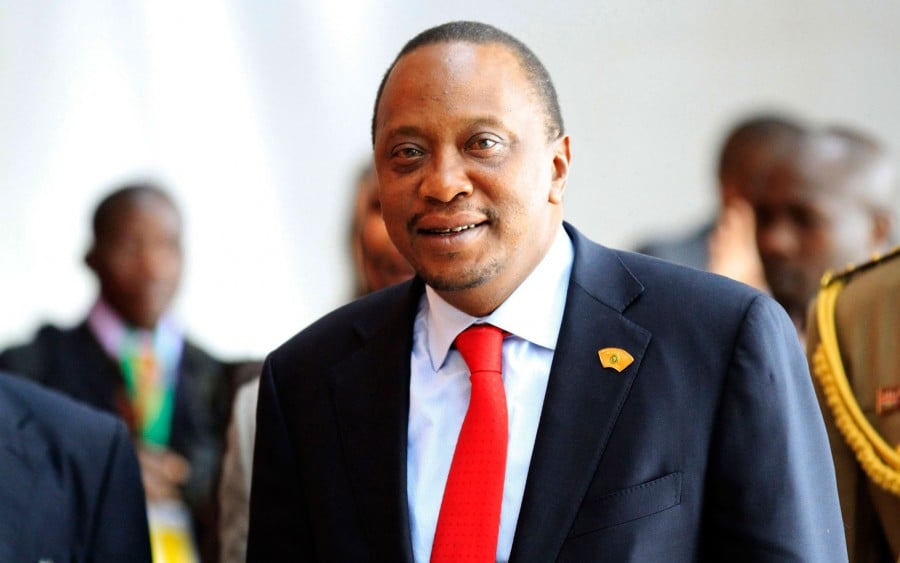In the dynamic landscape of East African economies, particularly Kenya, a recurring question sparks considerable debate: Who truly holds the mantle of the wealthiest individual in the nation? This inquiry has become a focal point of interest, drawing both curiosity and speculation about the accumulation and distribution of wealth in the region. The answer, however, is far from straightforward, entangled in complexities of private holdings, fluctuating market valuations, and the inherent elusiveness of precise financial assessments.
The search for a definitive answer to this question often leads to a complex journey. It involves navigating through various sources, including annual assessments of wealth and assets published by prominent financial publications like Forbes Magazine, scrutinizing business portfolios, and analyzing public declarations and investment patterns. The quest for the "richest man in Kenya" is not merely an exercise in listing names; it's a dive into the heart of economic trends, entrepreneurial ventures, and the evolving wealth dynamics of a nation on the rise.
The landscape of wealth in Kenya is shaped by a diverse range of actors. From seasoned politicians and business moguls to entrepreneurs and families with established legacies, the individuals at the top reflect a blend of traditional wealth and modern enterprise. The late Daniel arap Moi, former President of Kenya, stands out as a prominent figure in the nation's political and economic history, his influence extending far beyond his 25-year tenure. His name is often linked with immense wealth, reflecting a time when political power and financial accumulation were closely intertwined. Also of significance is the late Nicholas Biwott, a prominent politician and businessman whose legacy is still visible through his business ventures.
The discussion around the richest individuals in Kenya frequently surfaces the name of William Ruto, whose purported wealth has been a topic of public and media interest. While the exact value of his holdings remains subject to estimation and debate, his profile inevitably leads to the crucial issues of financial transparency, and the role of political influence in the Kenyan economy.
The rise of innovative sectors, like technology and renewable energy, is also reshaping the Kenyan economic sphere. These new industries offer opportunities for substantial wealth creation, and individuals involved in these fields are steadily climbing the ranks, contributing to a more diversified and dynamic wealth landscape. Moreover, Kenya's strategic location and its role as a regional hub are major factors that attract both local and foreign investment, boosting economic growth and adding to the fortunes of its business elite.
The determination of the richest man in Kenya, or the wealthiest family, is a dynamic endeavor that requires constant reevaluation. The individuals and entities at the forefront of the Kenyan economy are constantly navigating market fluctuations, adapting to changing business environments, and strategically investing in opportunities for growth. The following table presents a breakdown of notable figures and their influence on the economic landscape.
| Name | Estimated Net Worth | Primary Business Interests | Key Highlights | Reference |
|---|---|---|---|---|
| The Moi Family | Varies, substantial | Investments across various sectors, including agriculture, real estate, and media. | Significant historical influence and substantial portfolio of assets. | Forbes Africa Billionaires List |
| William Ruto (Speculative) | Subject to estimation, debated | Linked to interests in real estate, hospitality, and other sectors. | Public profile and influence, subject of ongoing discussions about wealth. | The Star (Kenyan Newspaper) |
| Biwott Family | Estimated $1.1 Billion | Investments in shopping malls (Yaya Centre), Air Kenya, and other sectors. | Substantial legacy through investments, including Yaya Centre shopping mall and interests in Air Kenya. | Business Daily Africa |
| Stephen Mutai (Deceased) | N/A, substantial | Investments in agriculture and real estate. | Founder of Cooperative Bank. Owned over 1000 acres of land and Imenti House. | Daily Nation (Kenyan Newspaper) |
In the broader context of Africa, the year 2025 promises to be a period of significant economic growth. Aliko Dangote, the richest man in Africa for over a decade, continues to be a key player, building his wealth through the Dangote Group, a conglomerate that dominates the African market in sectors like cement, sugar, and flour production. His strategic investments and business acumen are a testament to the immense potential of the African continent, highlighting the entrepreneurial spirit that thrives in the face of challenges.
Kenya's economic growth is also influenced by the emergence of new industries, like technology and renewable energy, providing ample opportunities for wealth accumulation. Individuals involved in these sectors are quickly climbing the ranks, adding to the diversity of Kenya's economic landscape. Furthermore, Kenya's strategic location and its role as a regional hub continue to be major attractions for both local and foreign investment, which subsequently boosts economic growth and increases the fortunes of its business elite. The interplay of established players, entrepreneurial spirit, and strategic investment contributes to a vibrant environment in which wealth creation is dynamic and multifaceted.
The question of who is the richest man in Kenya will continue to generate keen interest, discussions and speculation. It mirrors the economic development and the complex interplay between politics, business, and society in Kenya. The individuals at the forefront of wealth creation are continually navigating market forces, adapting to the evolving business environment, and capitalizing on the new prospects for growth, and as such, their stories will remain important in understanding the economic and social dynamics of Kenya and beyond.


